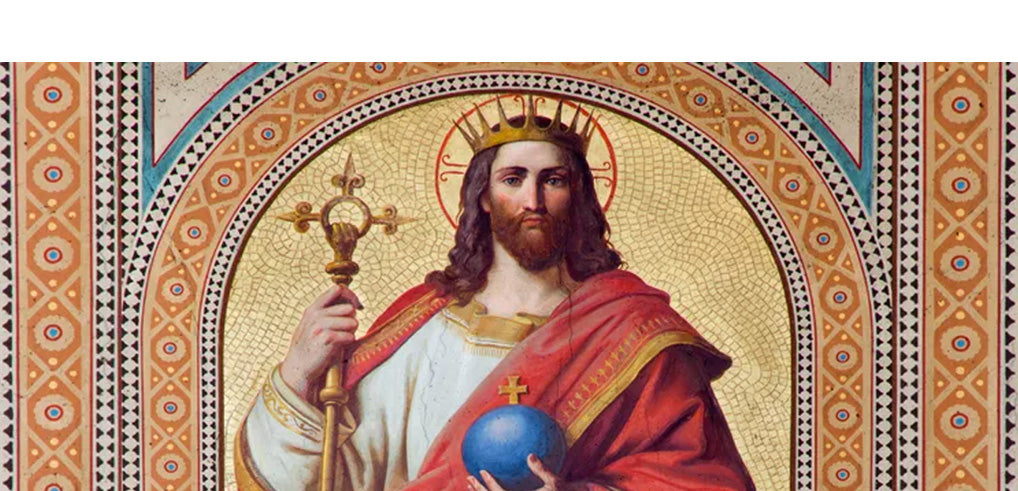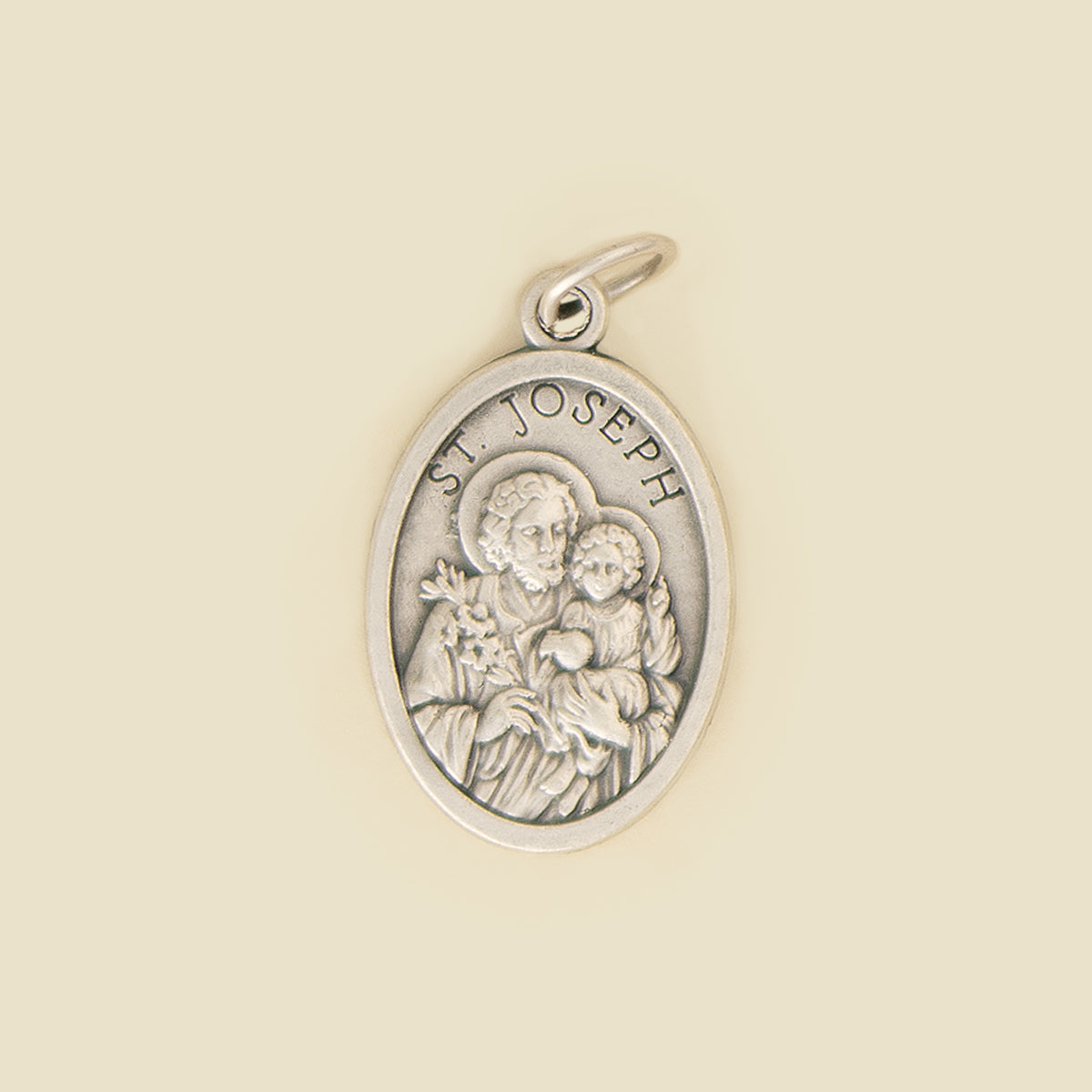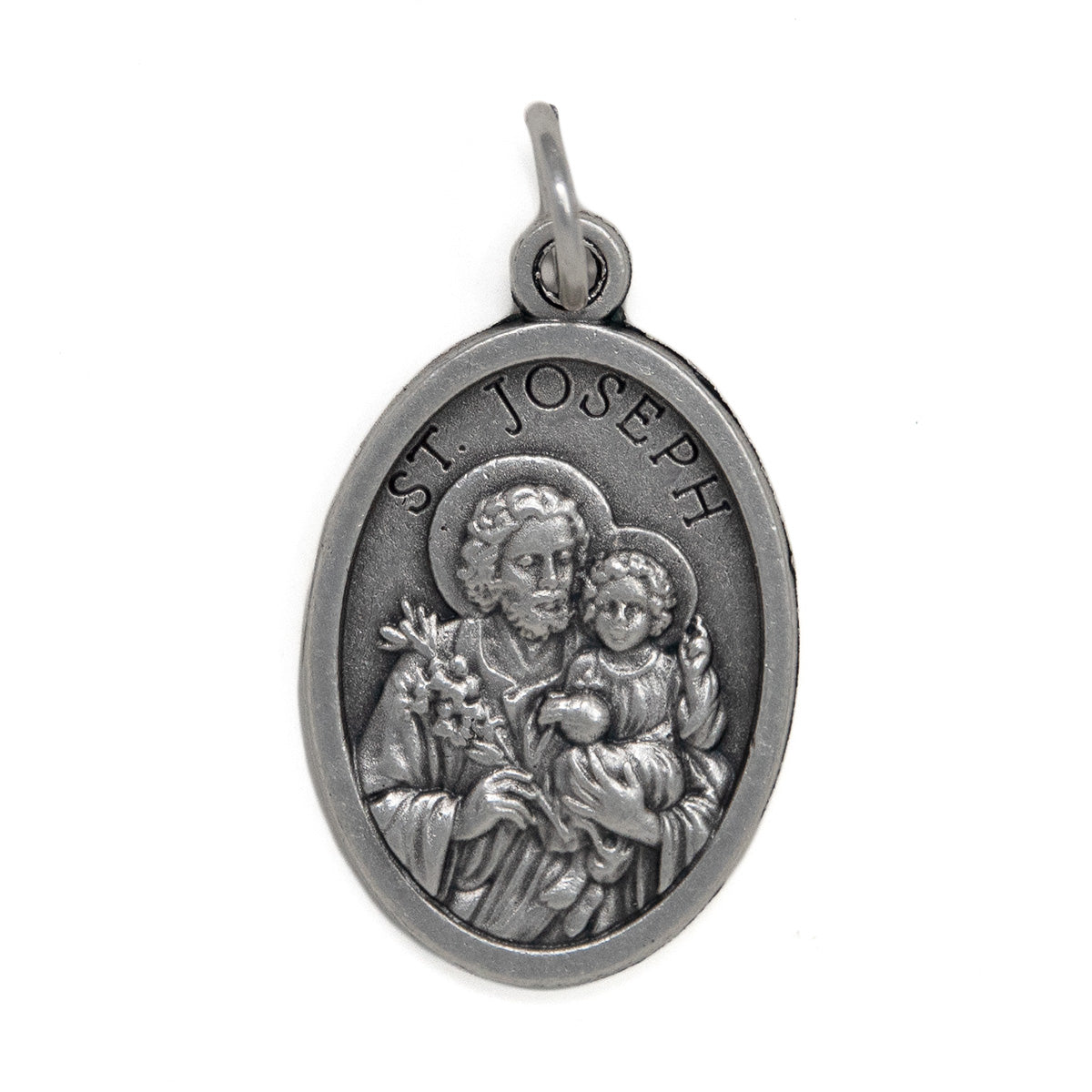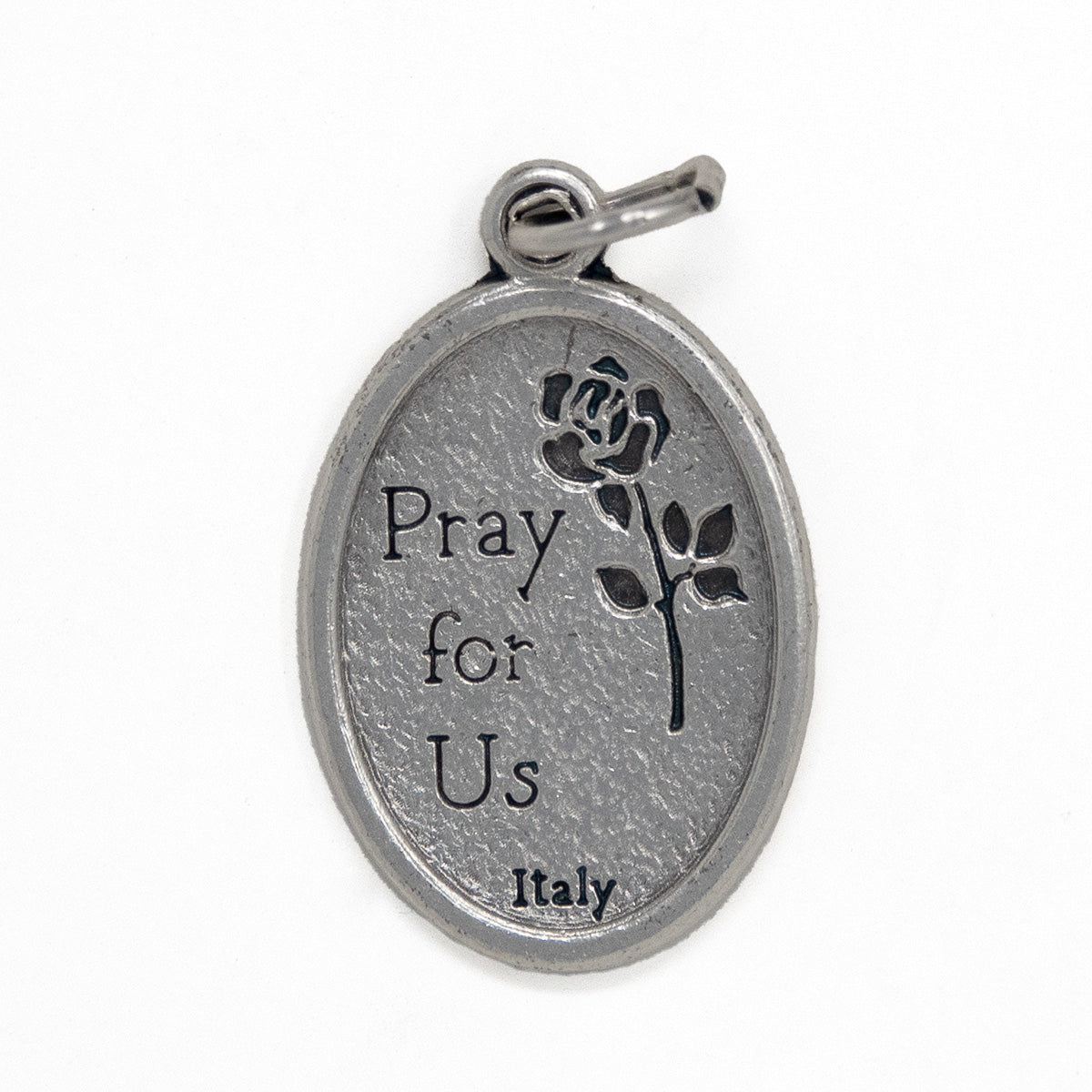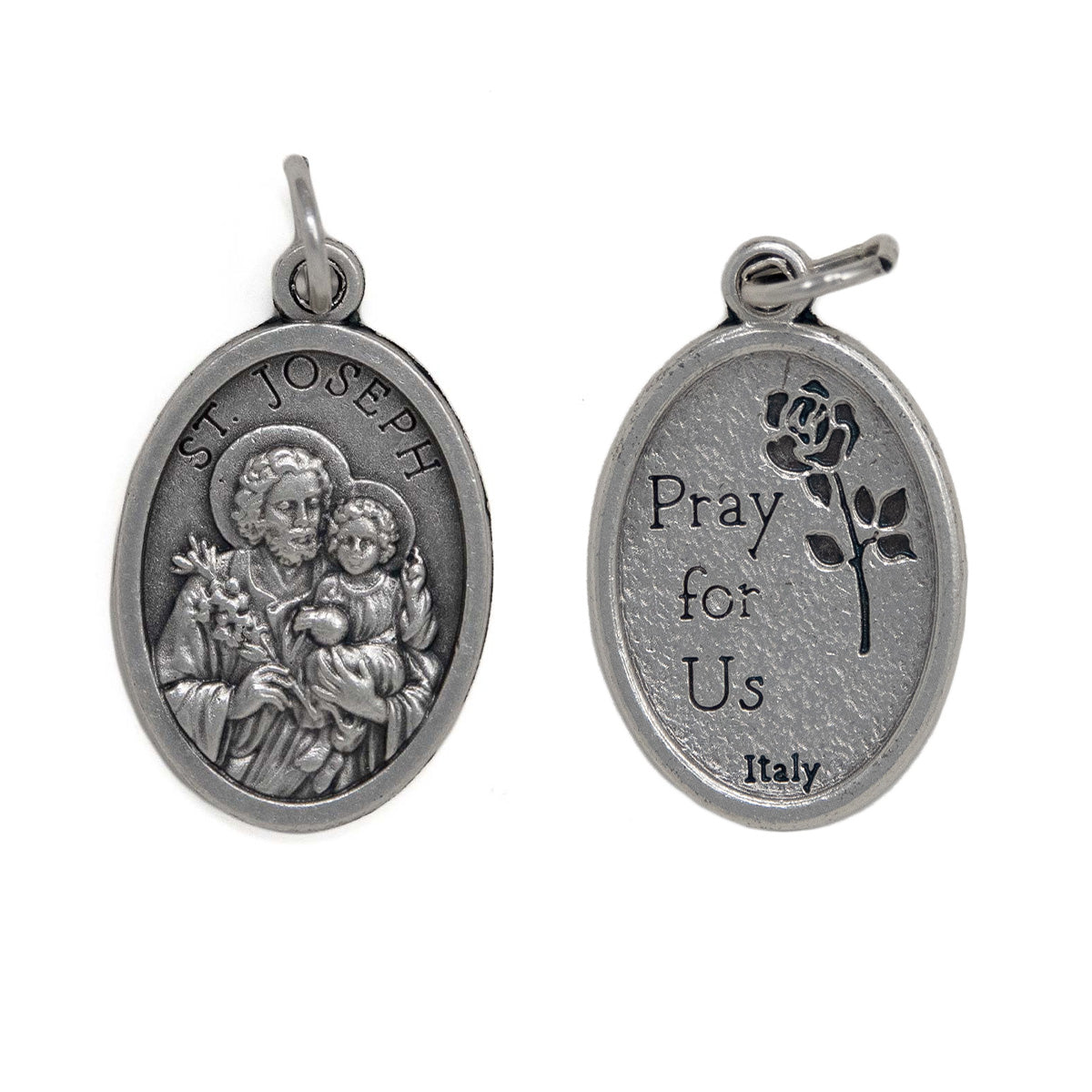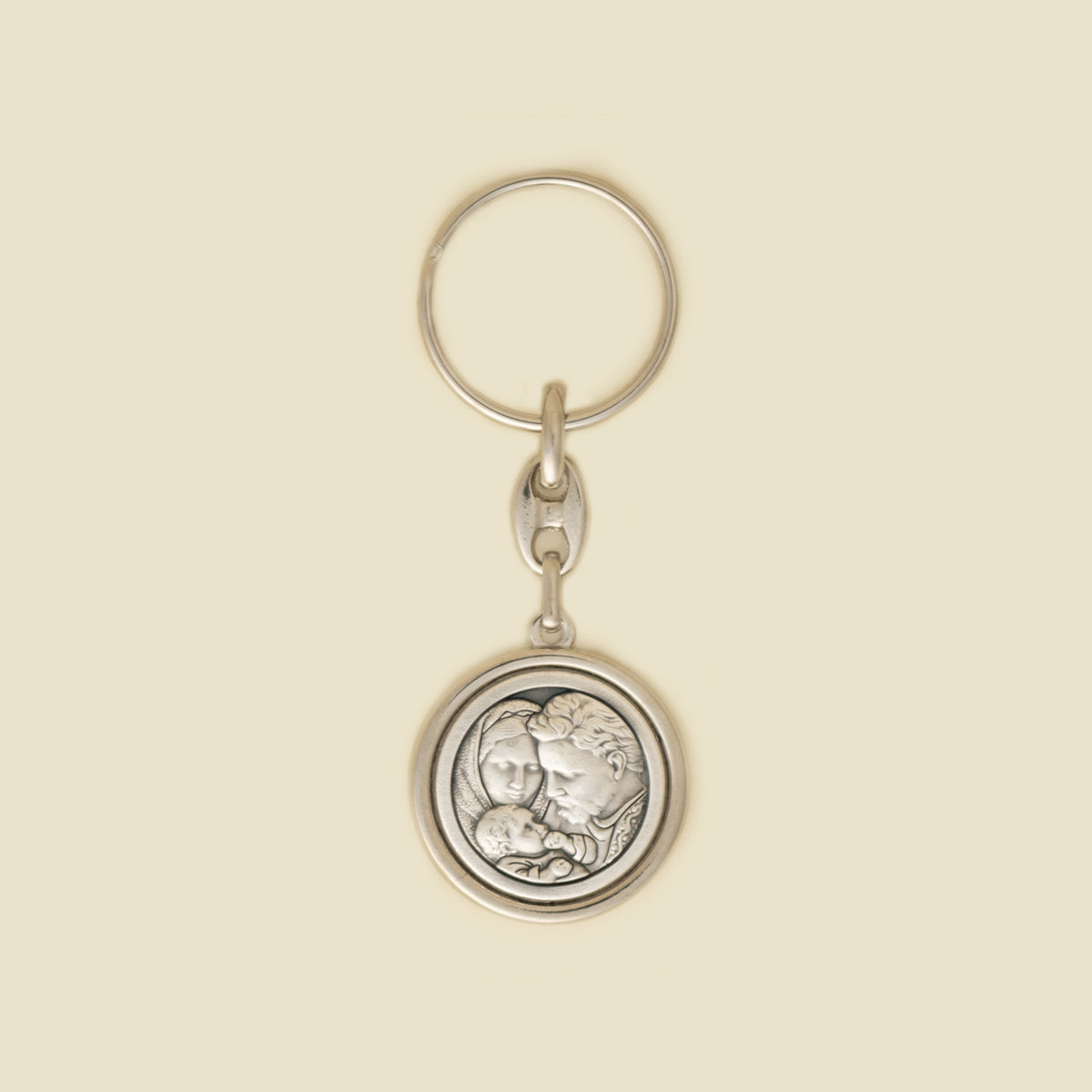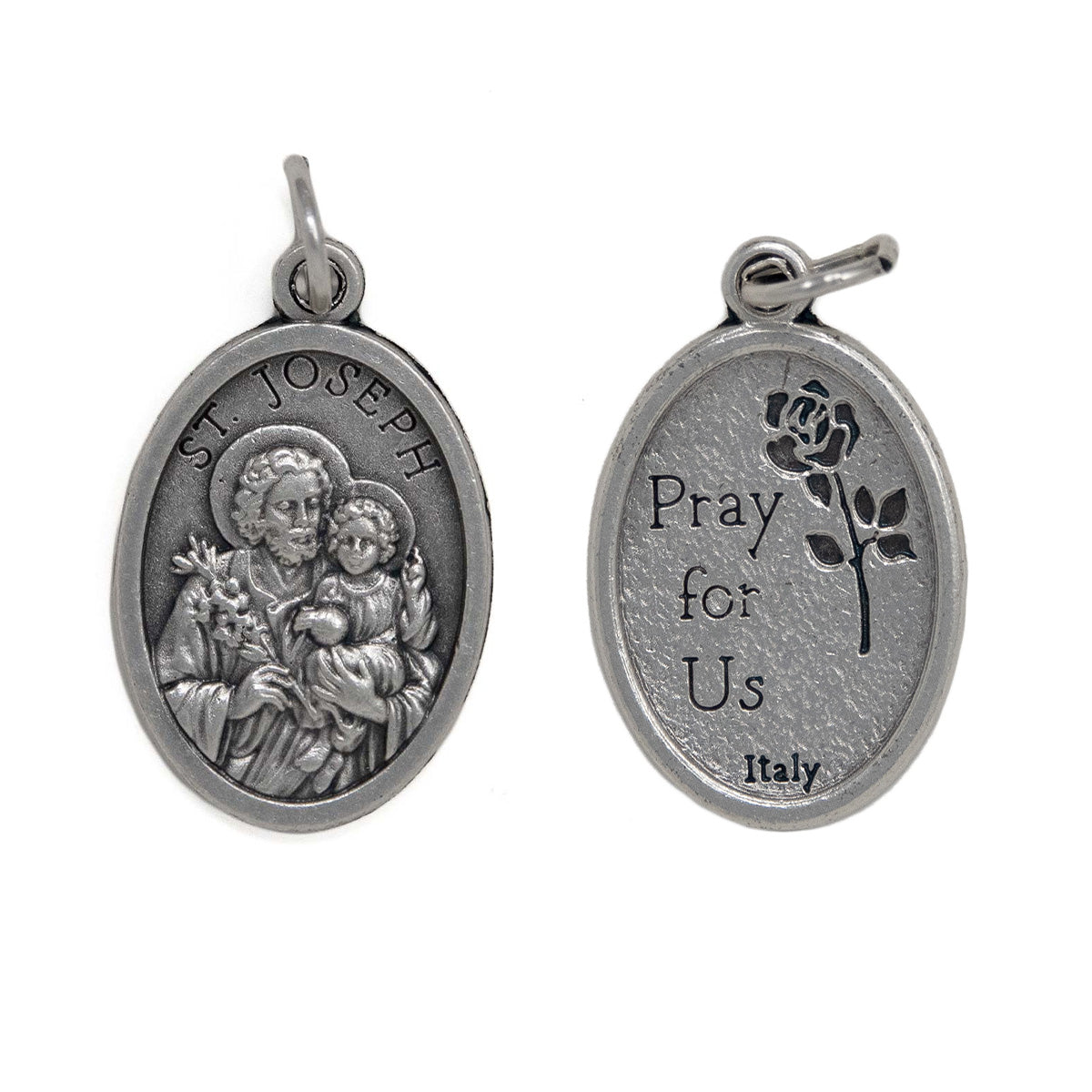Each year, the Church celebrates the Solemnity of Christ the King on the last Sunday of the liturgical year, toward the end of November. That’s today, November 24.
To many people in the United States and other countries, kingship is a foreign concept, something we read about in history books.
Here’s a brief history of this feast of Christ the King and why it remains relevant.
The origins of the feast
Pope Pius XI instituted this feast in 1925 with his encyclical Quas primas.
Originally, it was observed on the last Sunday in October. (People who attend the Traditional Latin Mass continue to celebrate the feast on that day.) In 1969, Pope St. Paul VI changed the date to the final Sunday of the liturgical year to better represent the order of events of salvation history. For at the end of time, Christ will return and gather all of His chosen ones into the kingdom of heaven.
The pope also renamed the feast “the Solemnity of Our Lord Jesus Christ, King of the Universe,” although many people still call it “Christ the King.”
Why we honor Christ as king.
When they think of a king, many people imagine a tyrant. But Pope Pius XI instituted the Feast of Christ the King in response to the many fascist governments that were coming into power.
The pope wanted to call attention to two facts that set the kingship of our Lord apart from the corrupt rule of many world leaders: Ours is a King of love and a Savior, not a ruler seeking his own glory to the detriment of his subjects; and, while earthly kingdoms come and go, Christ’s kingship is forever.
The feast is relevant today because our world still suffers from corrupt governments. We look to Jesus’ kingship as a solace and our hope of salvation from the troubles surrounding us.
We also need Him to be king over us because, let’s be honest, we are fallen creatures in need of redemption. We can’t govern ourselves without His grace.
Let’s recommit ourselves to serving our loving King in heaven, so that we may one day rule with Him and all the saints for eternity!

